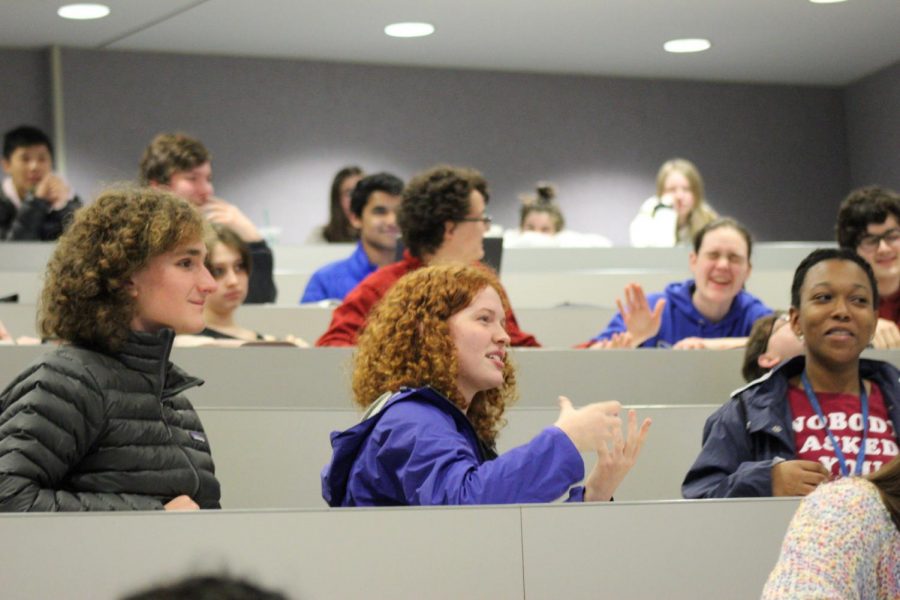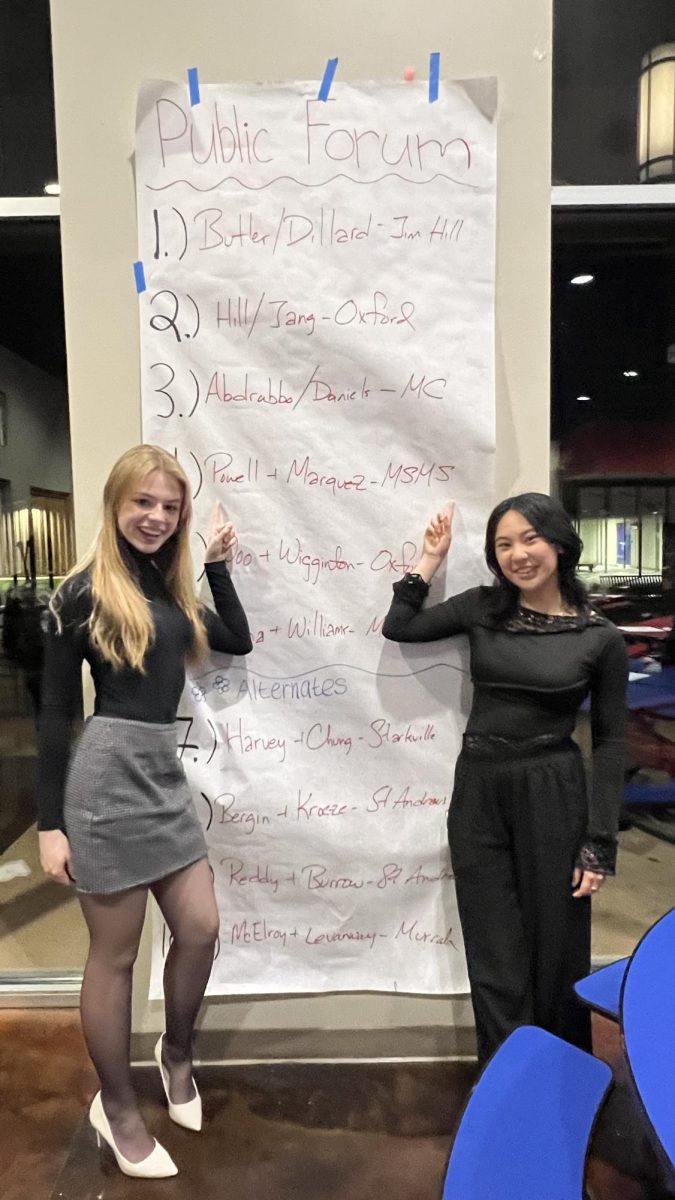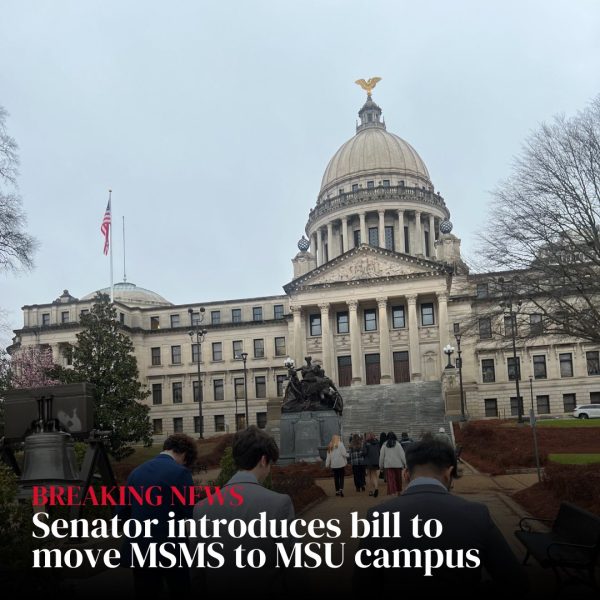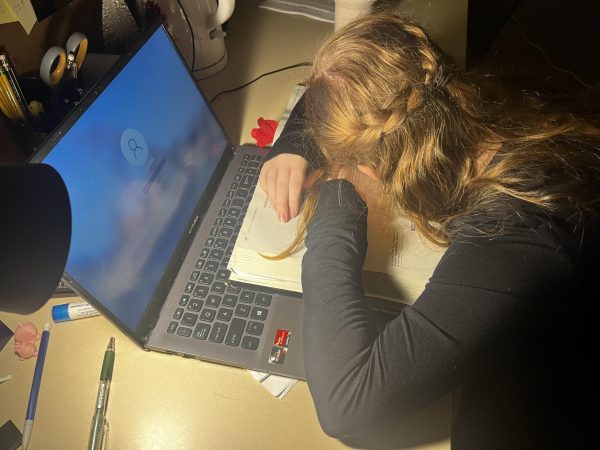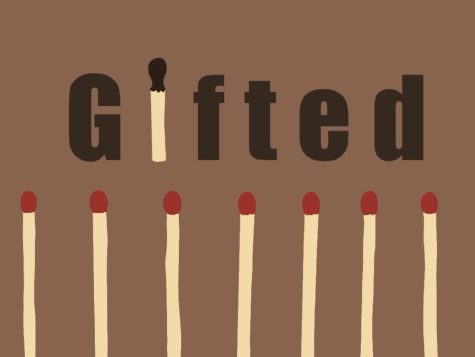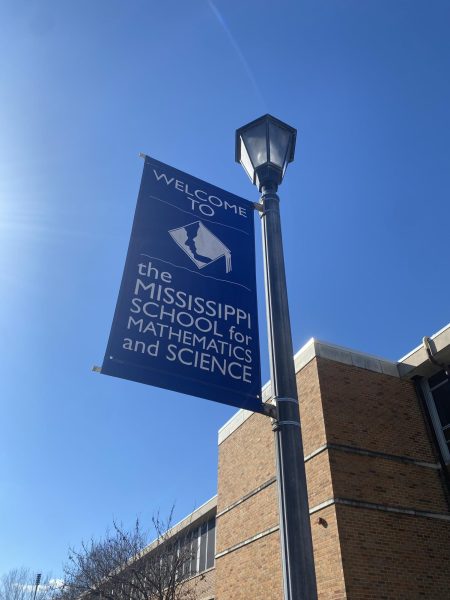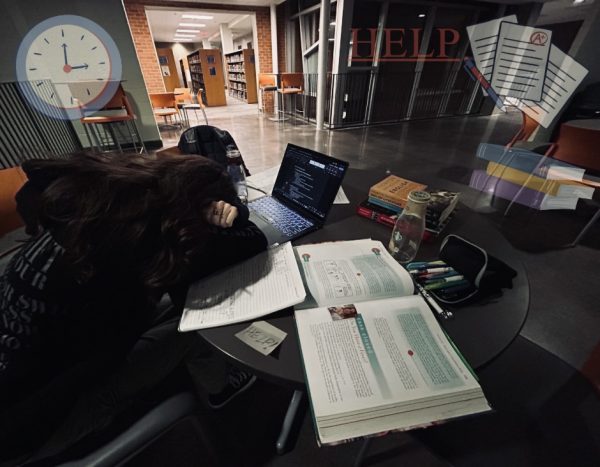Climate Change and La Croix: A Match Made in Heaven
Junior Marlie Sturgis shares her opinion at the wellness seminar.
January 30, 2020
Is climate change real? And, if so, how can we limit its effects? Plastic or metal straws, and is that really the right question even to be asking? Questions like these were hotly debated at the La Croix and Current Events Seminar this past Thursday, Jan. 23.
The theme of the recent installment in the beloved wellness seminar series was climate change. The room was quiet at first, as not many felt comfortable sharing their opinion on some of the controversial topics. However, as the night moved on, the debates rose in intensity and the climate of the room transformed from foggy to thundering. My favorite quote of the night was from Abby Strain, who said, “Kill and compost the rich.”
Alicia Argrett, who helped host the event along with Faith Bradford, stated, “I think on the issue of climate change, I really hope that our generation is the generation to change what’s going on, and I hope that the MSMS students continue to voice their opinions as we continue these wellness seminars.”
Cecile Roberts, president of the MSMS Student Environmental Awareness League, when asked about climate change, said, “It doesn’t matter whatever you call it, it’s going on right now. You can see it in the air, you can see it everywhere. It goes by different names to different people, but it still exists.”
I think that the most interesting discussion was the role of capitalism in the exacerbation of climate change. Thoughtful consumerism is extremely difficult in an economy that benefits from economic competition. The United States’ economy, for example, creates such a competitive environment that companies cannot afford to be eco-friendly sometimes without raising prices. Therefore, often the only people who can afford to purchase green products are those in higher socio-economic brackets, which often leads to what is known as “activism guilt” for those in lower socioeconomic brackets. Most of our clothes are made from sweatshops, and most of our activities harm the environment.
Zach Medlin and Blake Cheater offered differing opinions on this issue, with Medlin stating that government regulation is the solution to the economic issue, while Cheater argued that government regulation of any kind harms more than it helps because of the increased cost upon companies.
Personally, I believe that Medlin is correct. If there is no planet, there is no economy. A case of priorities must be implemented. Yes, heavy government regulations often harm corporations, but environmental prosperity must hold precedence over economic prosperity. Also, in my opinion, many harmful companies such as Exxon could simply cut large packages for their top executives instead of lowering the wages of their employees.
I’m extremely proud of my classmates for voicing their opinions so eloquently, and for employing the passion and ambition that is needed to improve our planet. This wellness seminar cemented the idea in my mind that my generation, especially my MSMS peers, contains the energy and willpower to create a better world.

